Cannabis is illegal in Mozambique, and being caught selling it can result in a prison sentence. Despite this risk, it’s still widely used and grown. Trafficking is also on the rise, and Mozambique is becoming a ‘narco state’. Cannabis is prized here for supposedly giving users strength, but has also been stigmatised as a dangerous substance.
- Capital
- Maputo
- Population
- 37,116,000
- CBD Products
- Illegal
- Recreational cannabis
- Illegal
- Medicinal cannabis
- Illegal
- Cannabis laws in Mozambique
- Can you possess and use cannabis in Mozambique?
- Can you sell cannabis in Mozambique?
- Can you grow cannabis in Mozambique?
- Is CBD legal in Mozambique?
- Can cannabis seeds be sent to Mozambique?
- Medicinal cannabis in Mozambique
- Industrial hemp in Mozambique
- Good to know
- Cannabis history
- Attitudes towards cannabis
- Mozambique’s cannabis strains
- Will it be legalised in the future?
Cannabis laws in Mozambique
Can you possess and use cannabis in Mozambique?
It’s illegal to use or possess cannabis in Mozambique, and if caught, there are fines and prison sentences in place for even minor cases of possession. The Mozambican law states that its consumption is “absolutely prohibited”.
In practice, however, offenders are unlikely to be arrested for using cannabis. Often, the police will demand that individuals pay a ‘fine’, which is actually a bribe. Then, the case is dropped, without any charges being made.
Indeed, cannabis use is commonplace in Mozambique. Known locally as ‘saruma’, it’s the most commonly seized illegal drug in the country. Many people (especially males) consume it as they believe it gives them additional strength, or makes them seem more masculine. Others are convinced that it’s a dangerous drug, and shun its use.
Carlos Cardoso, a respected journalist in Mozambique, was one of cannabis’s most outspoken advocates. He highlighted the plant’s multiple uses, and recommended that it should be legalised for industrial purposes, and for exporting to other countries. He was assassinated in 2000, at the age of 48.
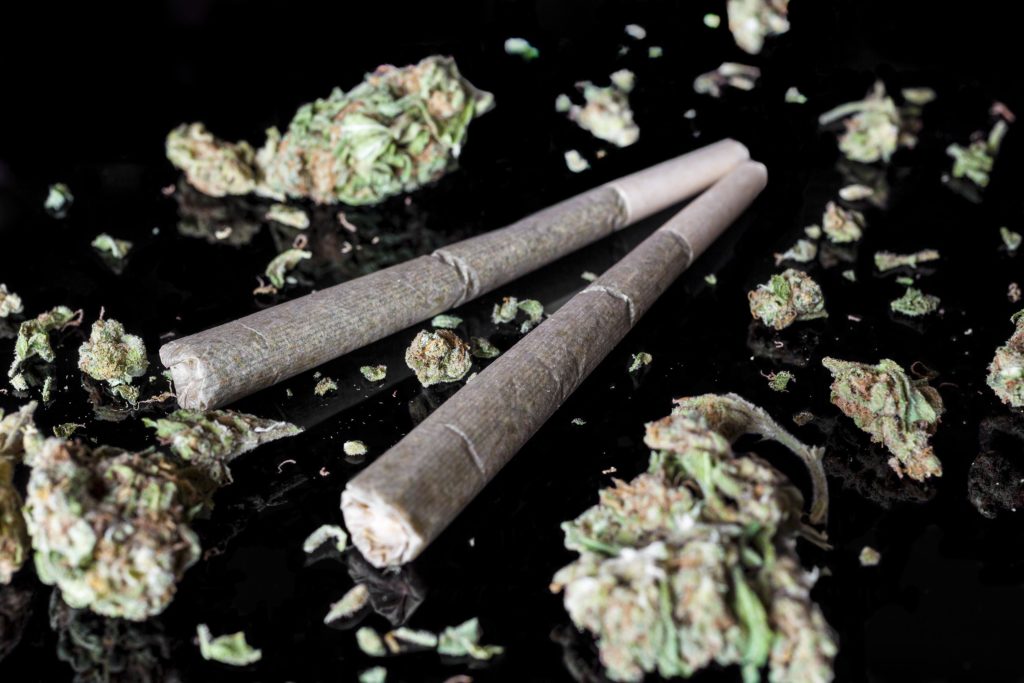
Can you sell cannabis in Mozambique?
Selling or supplying cannabis is regarded as a much more serious offence. Mozambique’s longest prison sentence is thirty years, and it’s not uncommon for drug traffickers to be given a 15-year sentence. However, these types of sentence are usually reserved for those trafficking harder drugs, such as heroin or cocaine.
Trafficking is a growing problem for the country. After the civil war ended in 1992, the nation was left in a state of poverty. While drug smuggling initially wasn’t an issue, it has become more prevalent in recent years. A Guardian (UK) article recently referred to Mozambique as a ‘new narco state’, with drugs like cannabis, heroin and mandrax being imported and exported on a regular basis.
Cannabis is mainly found in the form of hashish imported from countries like Pakistan, India and Afghanistan. It’s often transported in shipping containers to ports such as Cabo Delgado and Nacala, then repackaged and trafficked overland to neighbouring South Africa. Only a small percentage remains in the country for domestic sale. Violence isn’t uncommon, and officials sometimes accept bribes in exchange for turning a blind eye.
The Mozambican government have taken steps to address the problem. In 2012, their national police officers received training from US counter-narcotics operatives in Botswana. The US also provided a fleet of police boats to help the Mozambican border authorities. But the fact remains that the country’s Drug Prevention Agency is underfunded, and can’t cope with the steadily growing trafficking trade.
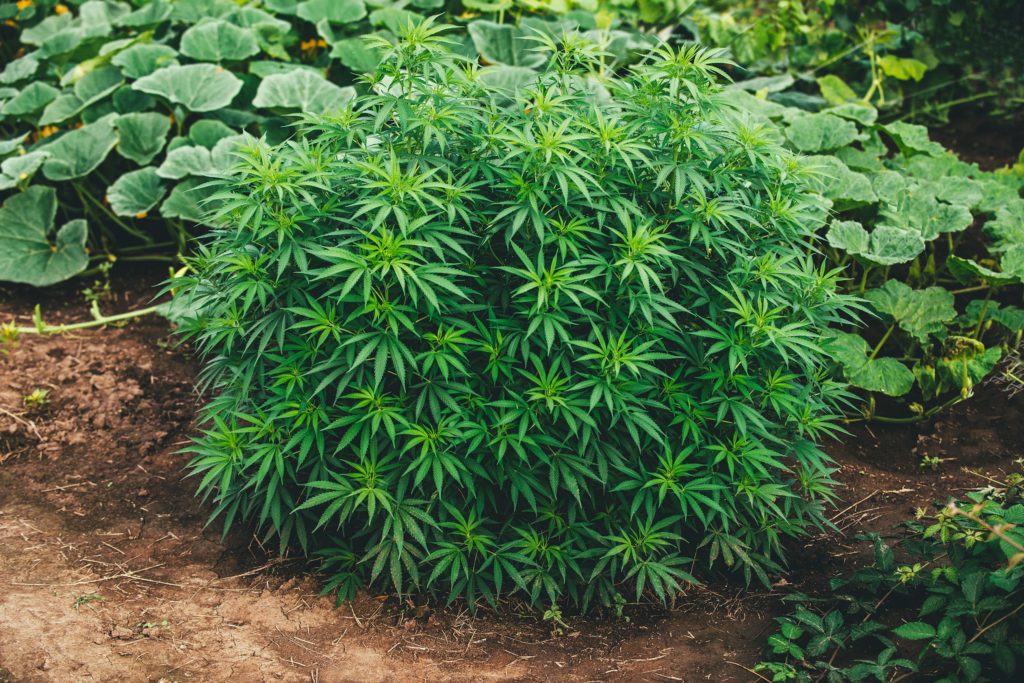
Can you grow cannabis in Mozambique?
It’s illegal to grow cannabis in Mozambique, and prison sentences are in place for those who do so. However, the authorities struggle to uphold this law, and as such, cannabis is widely grown across the country.
All of the Mozambican provinces are ideal for the plant’s cultivation, and it’s a particularly common sight in Maputo City, Tete, Manica, Cabo Delgado, Sofala, and Zambezia. Individuals often conceal their plants by growing them with other crops, and most cultivation is small scale. However, there is evidence of larger-scale operations taking place in the country’s forests. It’s believed that most of Mozambique’s exported cannabis is grown in these hidden plantations.
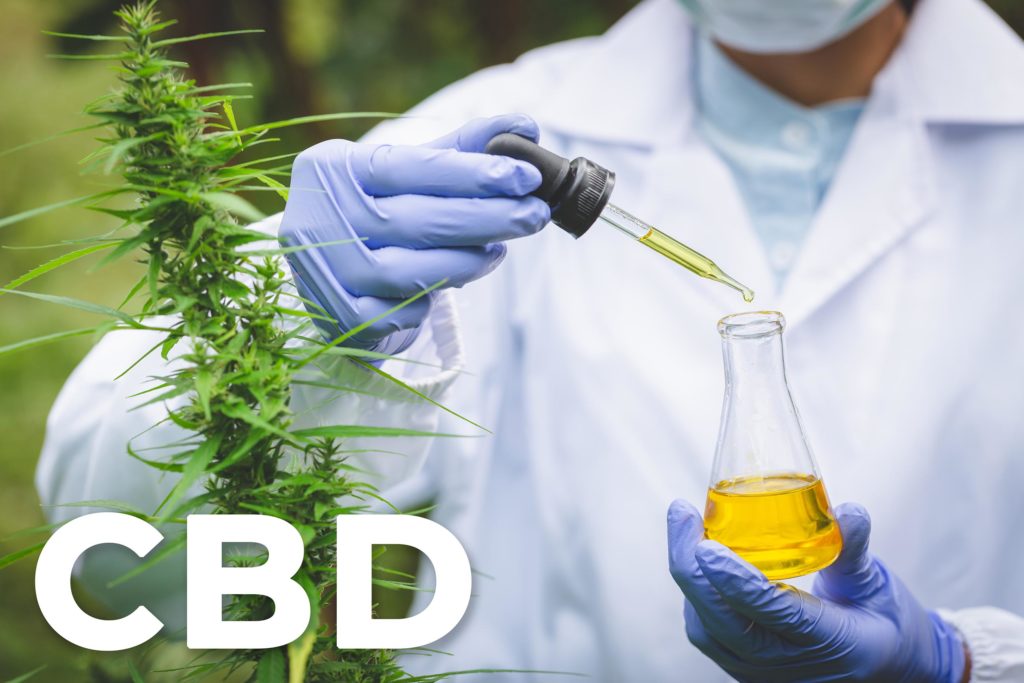
Is CBD legal in Mozambique?
Mozambican law makes no distinction between CBD and cannabis, despite the fact that CBD is low in THC (the substance responsible for the ‘high’). As such, it’s illegal to buy, sell or consume CBD in the country.
Can cannabis seeds be sent to Mozambique?
It’s illegal to grow cannabis in Mozambique, which means that the seeds are also prohibited by law. They cannot be mailed into the country.
Medicinal cannabis in Mozambique
There is currently no medicinal cannabis programme in Mozambique – nor has the government indicated that they will be introducing one in the future. However, it’s a topic that has been discussed by healthcare professionals and narcotics experts alike.
Viroj Sumyai, president of the International Narcotics Control Board (INCB), commented that there was a “great deal of misunderstanding about the safety, regulation and distribution of cannabis, particularly where recreational use has been legalised, or medicinal cannabis programmes are expanding.”
He also acknowledged that “people are unnecessarily suffering pain and undergoing surgical procedures without anaesthesia, because of the lack of access to controlled medicines” such as medicinal cannabis products.
The INCB recommended that, for countries like Mozambique, more healthcare professionals should be permitted to prescribe controlled substances.
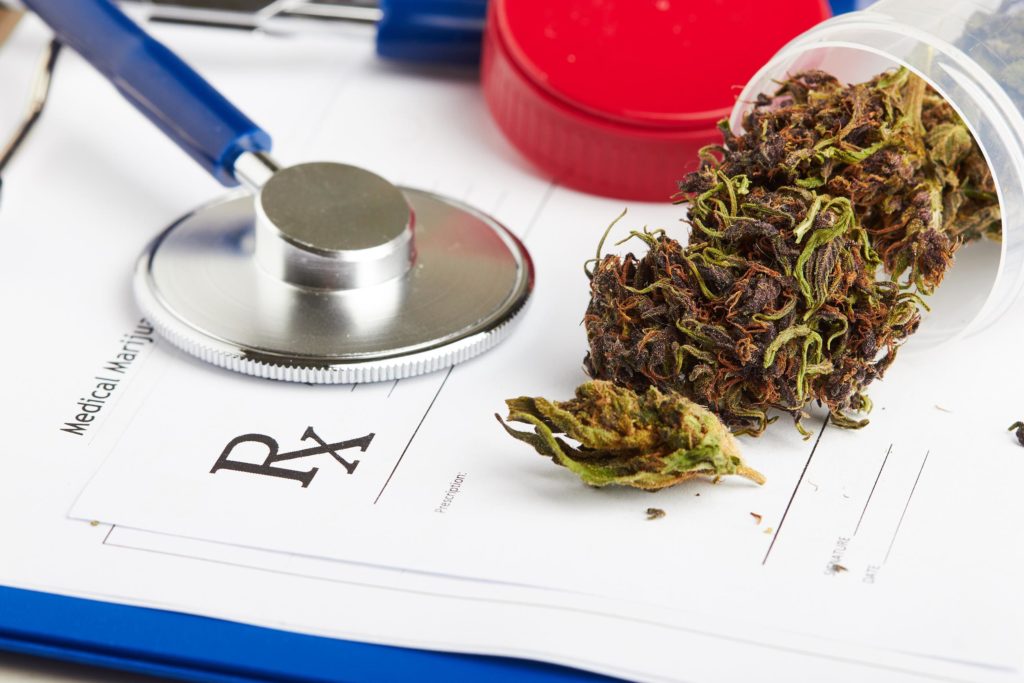
Industrial hemp in Mozambique
Mozambique doesn’t have a hemp industry (as it’s illegal to cultivate it in the country). Instead, it receives exports from South Africa.
Some experts regard this as a missed opportunity. For a poverty-stricken country like Mozambique, hemp could offer excellent profit-making potential, and boost the domestic economy.
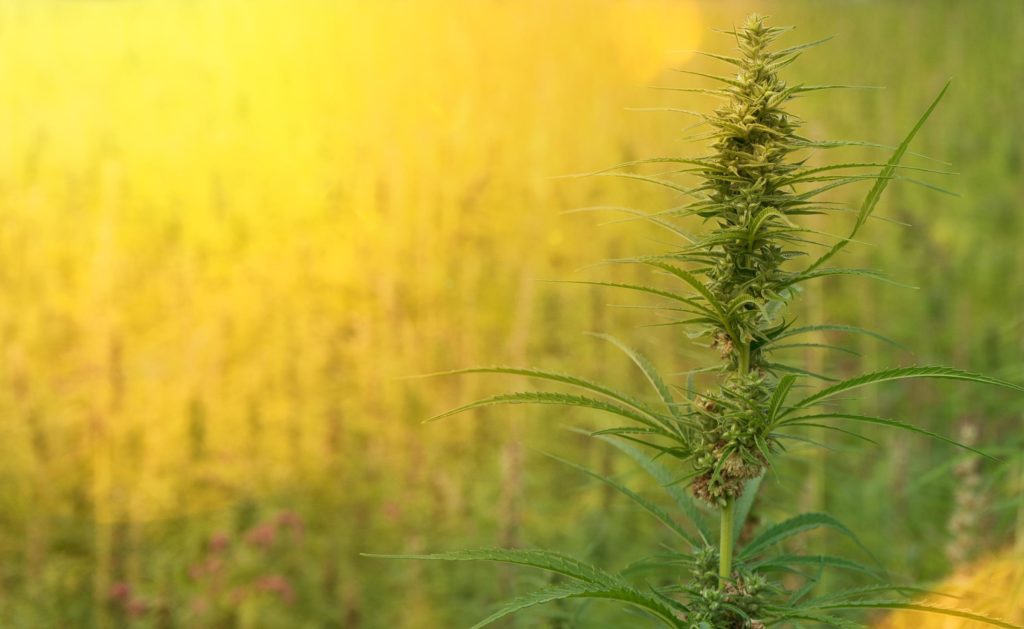
Good to know
If you are travelling to Mozambique (or currently live there), you may be interested to know the following:
- Cannabis has strong cultural associations for the people of Mozambique. Many people (especially young men) believe that smoking it gives them strength to perform tasks, such as working, or even studying for an exam. As a result, it’s seen as quite a ‘masculine’ drug.
- Although hashish is smuggled into the country, the main illegal drug that’s trafficked through Mozambique is heroin. It’s believed that as much as $800 million of heroin passes through the country each year. Most of it is destined for Europe.
- According to a UNODC report, 0.2% of the world’s cannabis seizures occur in Mozambique. This is significant, but considerably less than many other countries. For example, the North African nations of Algeria and Morocco account for 21%.
Cannabis history
It’s believed that cannabis first entered Africa at some point in the 14th century. Archaeologists discovered some smoking pipes in Ethiopia, which suggested that it was used recreationally or for religious purposes in the country. The nomadic people of Africa, such as the Bantu-speaking tribes, took cannabis with them as they moved through the continent. This is possibly how cannabis first came to Mozambique.
However, other evidence indicates that cannabis actually reached Mozambique by sea in the 13th century, via Arab traders arriving on the country’s shores. Whichever scenario is correct, it’s true to say that Mozambique, like most other east African nations, was exposed to cannabis far earlier than their western counterparts.
In the late 16th century, the Portuguese Dominican missionary Joao dos Santos observed that cannabis was used as an appetite suppressant by the local people. They also observed a ritual that might still be practized today, namely the consumption of the cannabis plant (locally known as nbanje) by tribal healers (magamba) to reach a state of ‘spirit possession’. In this state, they believe they can communicate with the spirits that cause illness, affect harvests, and arbitrate over the lives of the living.
By the 1600s, the Dutch were trading cannabis with local tribes in South Africa. It was in this century that the first prohibition laws were introduced, with the Dutch East India Company banning Cape settlers from growing cannabis. While it’s unlikely that this ban affected neighbouring Mozambique, the attitudes of the era may have crossed the border.
There’s plenty of evidence to suggest that cannabis was growing prolifically in the region by this time. As such, it’s fair to surmise that the plant’s use was already deeply ingrained in Mozambican culture.
However, as ‘prohibition fever’ swept the globe in the early 20th century, the Mozambican government made cannabis illegal. Although the drug was prohibited, it continued to be widely used across the country, and this is still the case to this day.
Attitudes towards cannabis
Although it’s illegal to use cannabis in Mozambique, attitudes towards the drug are fairly relaxed. Cannabis is tolerated in most parts of the country, and for many rural farmers, it’s a vital source of income.
Corruption among the police force further supports the acceptance of cannabis, albeit on an unofficial level. The police are not averse to accepting bribes in order to keep quiet about illicit cannabis activity, which sends a message to the Mozambican people that cannabis usage or cultivation is not a serious criminal offence.
Mozambique’s cannabis strains
Mozambique’s most famous strain of cannabis is Mozambique Poison. It’s a sativa landrace strain, which grows in the same region as Durban Poison, a South African strain celebrated by cannabis aficionados across the world.
In the right growing conditions, Mozambique Poison’s buds are blue, which makes them highly distinctive. The plant provides a sense of euphoria, and is still used by traditional healers in the country, for medicinal purposes.
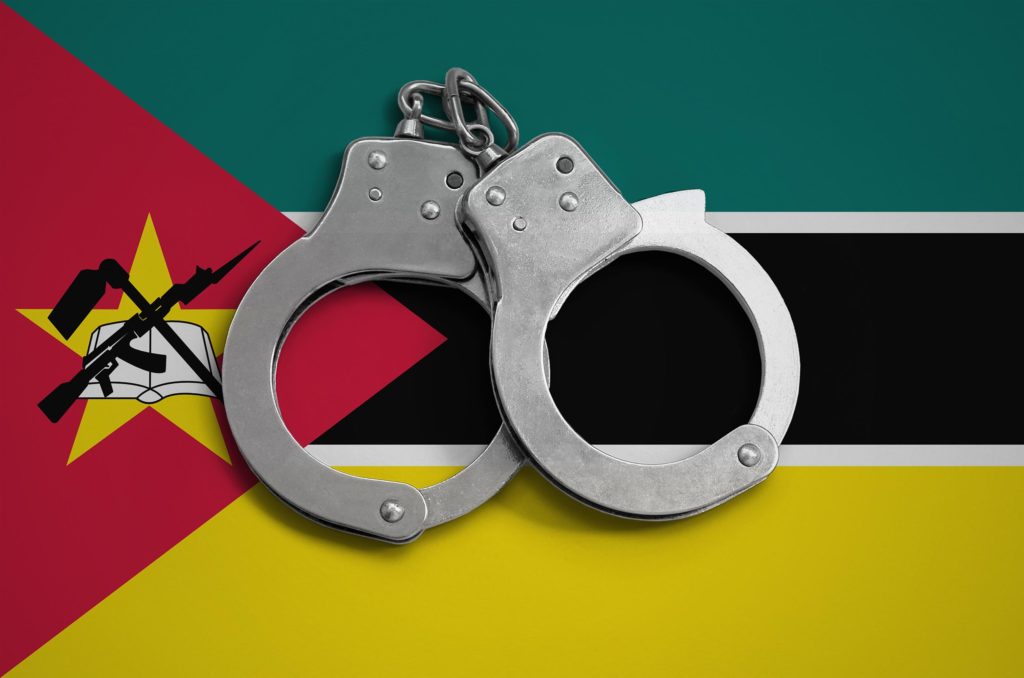
Will it be legalised in the future?
Thus far, the Mozambican government have made no mention of legalising cannabis in the future, even for medicinal purposes. However, neighbouring countries’ drug policies may influence the government’s decision. Zimbabwe, for example, has legalised medicinal cannabis, and South Africa has gone one step further by decriminalising cannabis for recreational purposes.
With these key south-African nations taking progressive steps towards cannabis reform, it may be the case that Mozambique joins them by legalising cannabis (which is already commonly used by its citizens). Only time will tell if this is the case or not.
- Disclaimer:While every effort has been made to ensure the accuracy of this article, it is not intended to provide legal advice, as individual situations will differ and should be discussed with an expert and/or lawyer.






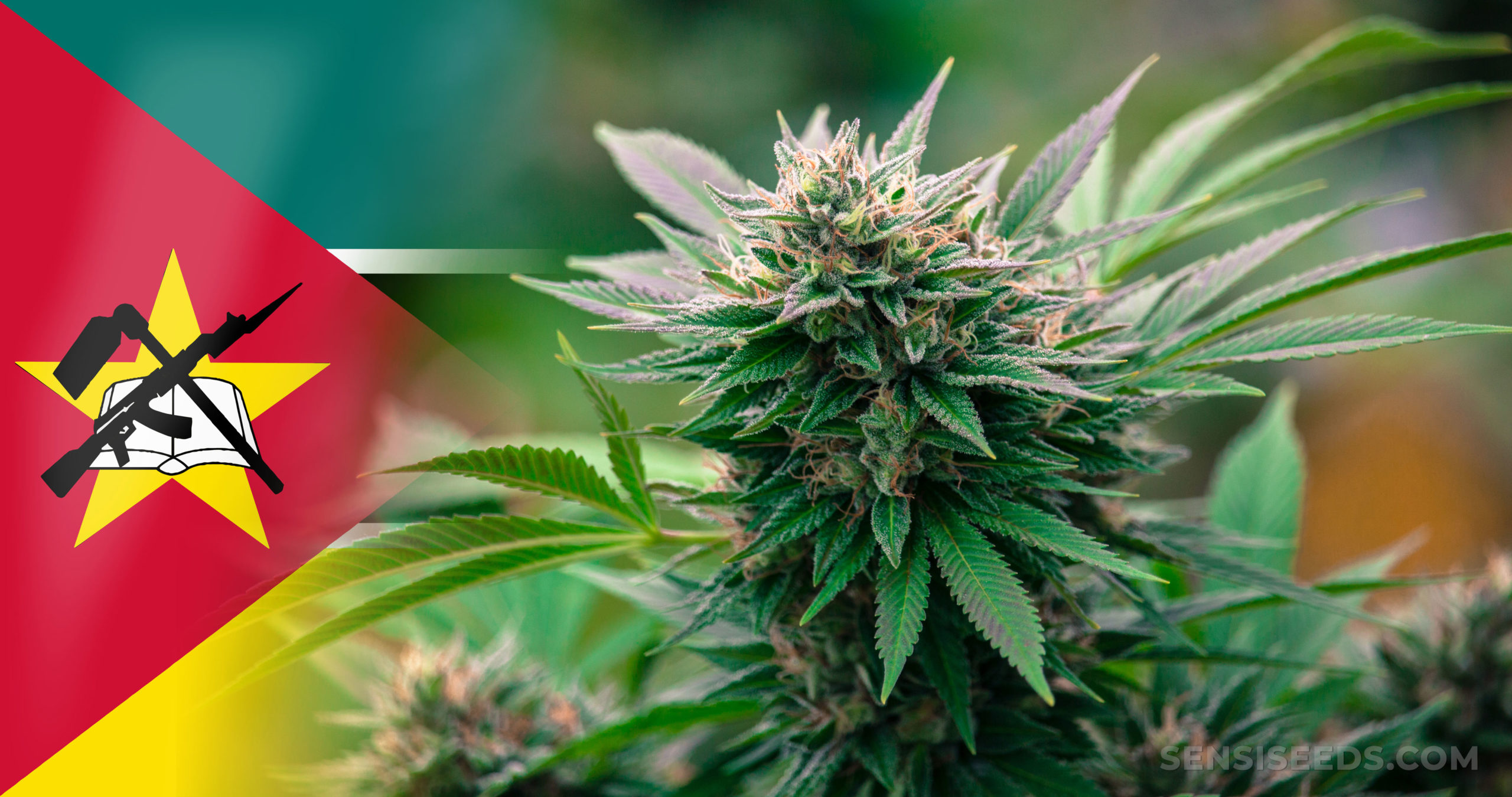
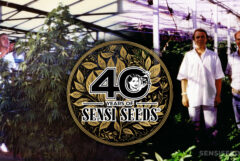
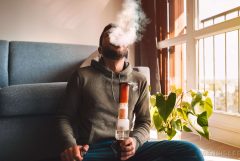


Hey dannystyle are you from mozambique?
you have to think before you make trip